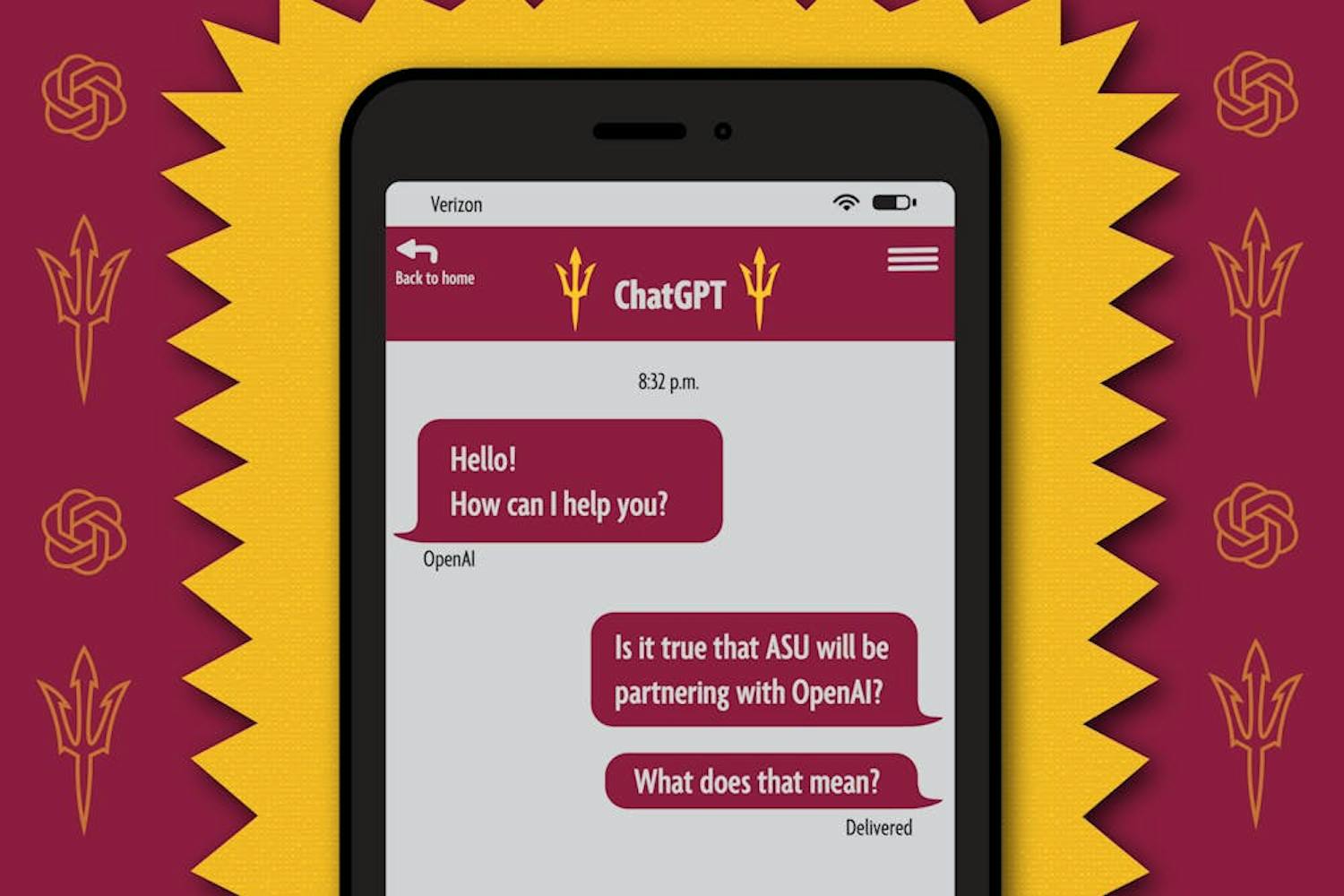It’s a familiar setting: While having dinner with your friends, the conversation lulls and you look up from your phone and see that everyone else at the table is scrolling through their own mobile device.
Typically, the first person to notice these situations feels uneasy, but rarely do we comment on it. Staying plugged in is the norm now. But why? Is it becoming that hard for us to have in-person interactions with other people?
On Tuesday, The Atlantic’s Paul Barnwell discussed a disturbing trend among students in his classroom: their inability to have a conversation.
According to Barnwell, the reliance on technology to communicate with one another socially and academically has crippled the younger generation’s interpersonal skills.
“... In our zealous rush to meet 21st-century demands — emailing assignments, customizing projects for tablets and laptops, and allowing students to BYOD (Bring Your Own Device) — we aren’t asking students to think and communicate in real time,” Barnwell said. “Online discussion boards and Twitter are useful tools for exchanging ideas. But they often encourage a ‘read, reflect, forget about it’ response that doesn’t truly engage students in extended critical thinking or conversation.”
The problem extends beyond education as well. How many times have you tried to tell a friend a story and had to wait until they were finished texting to reply to you?
It feels like in our rush to stay connected through every facet of technology, we’ve lost all sense of how to speak and emote to the people directly in front of us.
This poses a problem in several ways. In addition to being unprepared for the real world of interviews, meetings and awkward phone calls, this crippling dependence on our devices will impact the emotional core and intelligence of our generation.
Reliance on technology to stay connected has fostered a disconnect, an ability to keep the world at an arm's length but close enough to keep our online egos feeling validated.
But our laptops and mobile devices fail to account for one thing: actual, physical human interaction. It fosters a sense of friendship, of following, of camaraderie, but with an imagined idea of people and not with who they really are.
Without forcing ourselves to go out into the world and form tangible, emotional and physical bonds with other human beings, we only further force ourselves into technological exile and isolation.
New York Times columnist Sherry Turkle called this phenomenon being “alone together.”
“When people are alone, even for a few moments, they fidget and reach for a device,” Turkle said. “Here connection works like a symptom, not a cure, and our constant, reflexive impulse to connect shapes a new way of being.”
Technology has functioned less as a way to establish new connections to our community but as more of a coping mechanism for when we feel lonely or out of place.
Almost 50 years ago, science fiction author Isaac Asimov penned an essay in The New York Times predicting what life would be like in 2014. Many of his predictions were eerily accurate, such as being able to see the person you’re telephoning on a small screen.
However, in his predictions about technology and the state of humanity, Asimov made a poignant observation regarding how individuals will relate to the world around them.
“Even so, mankind will suffer badly from the disease of boredom, a disease spreading more widely each year and growing in intensity,” Asimov said. “This will have serious mental, emotional and sociological consequences, and I dare say that psychiatry will be far and away the most important medical specialty in 2014. The lucky few who can be involved in creative work of any sort will be the true elite of mankind, for they alone will do more than serve a machine.”
In our quest to stay connected, it’s important to remember not to let ourselves be overrun, physically or emotionally, by the overwhelming technological advances and expectations foisted upon our generation.
Nothing is more important than sharing in the human experience and relating to individuals with whom you might not have anything in common. This is a broad problem to digest and combat and won’t be easily fixed.
But a good first step would be to look at the person next to you and starting having a conversation.
Reach the columnist at llonghi@asu.edu or follow her on Twitter @lolonghi
Editor’s note: The opinions presented in this column are the author’s and do not imply any endorsement from The State Press or its editors. Want to join the conversation? Send an email to opiniondesk.statepress@gmail.com. Keep letters under 300 words and be sure to include your university affiliation. Anonymity will not be granted.



